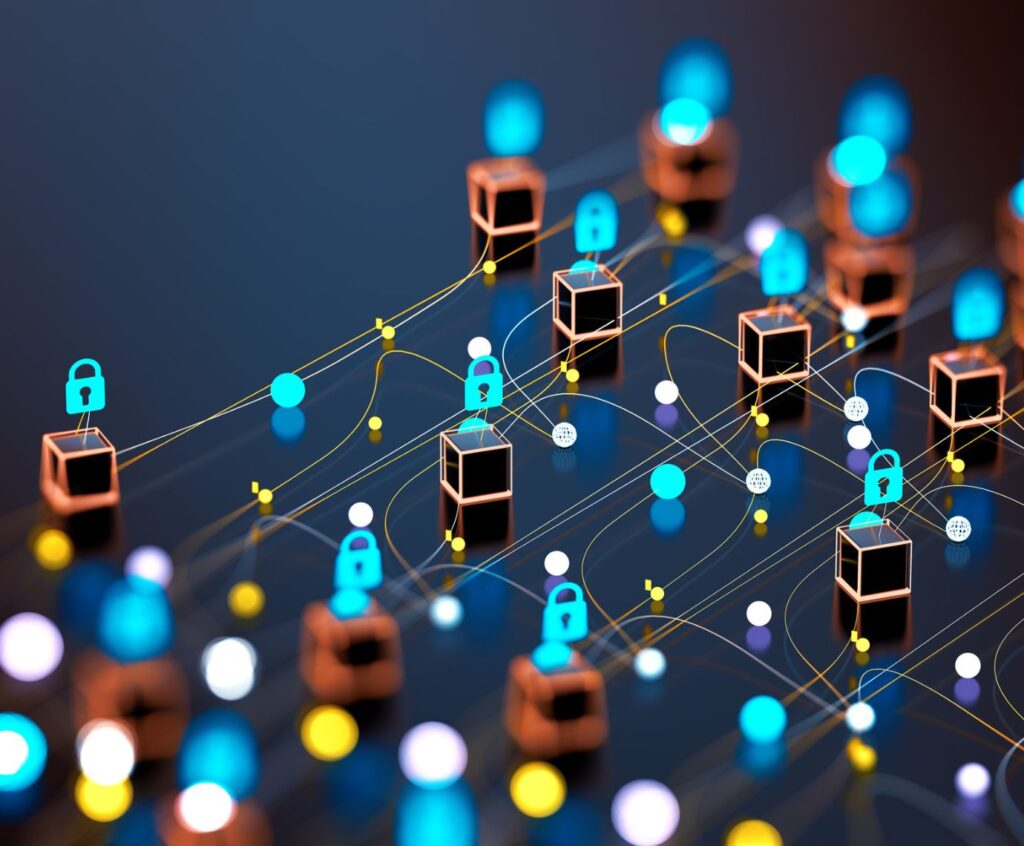
By John Olsen, Betacom CIO and CISO
Cybersecurity is top-of-mind for nearly everyone I talk to these days – and rightfully so. Given the
increasingly complex landscape of nation states, cybercrime organizations and amateur hackers, the
number and sophistication of attacks is alarming.
For enterprises, the cost of defending against ransomware, phishing and other malware attacks pales in
comparison to the consequences. Last year, data breaches cost US companies an average of $9.4
million* – not to mention the loss of productivity and consumer trust.
The growth of cybersecurity threats is happening at a time when more industries are embracing
technology to transform their operations. From robotic manufacturing lines to biometric screening in
airports, the latest business-critical systems connect more devices and generate sensitive data. Many
organizations are wondering, “Does expanding our digital footprint mean we’re increasing our security
risks?”
For those of us helping expand that footprint, the answer is a resounding maybe. But if you approach
industrial automation and IoT with open eyes and a great set of partners, you can find a connectivity
solution that supports your automation goals and reduces your security risks.
Leading security agencies recommend Zero Trust strategies that assume networks have already been
compromised and limit access to resources. Despite these recommendations, 79% of critical
infrastructure organizations have yet to implement Zero Trust architectures* – putting them at risk for
significantly costlier attacks.
At Betacom, we’ve always prided ourselves in keeping private networks private. It starts with Zero Trust
design, using SIM-based authentication and hardening each node to provide greater control. We also
keep your data behind your firewall, so it never touches the public network. And we bring strong 3GPP
authentication and encryption into the enterprise, using Managed CBRS spectrum that is inherently
more secure than Wi-Fi.
Just as cybercriminals keep evolving, so do our defenses. To further reduce the risk of rolling out new
services on a private network, we’ve re-architected ours with AirGap Protection™ features. This
completely isolates 5G traffic from your existing IT networks and enables granular security policies for
each 5G device and application. This limits the impact of malicious activity targeting any number of
network vulnerabilities.
I can almost hear the skeptical groans from short-staffed IT and OT organizations. The last thing they
need is to manage another network running “mission-critical” services. That’s where it helps to have a
partner watching your back. Betacom’s unique 5GaaS model provides a final layer of security. While
monitoring network traffic for performance, we can alert you to potential vulnerabilities and attacks.
Think of it as another set of eyes that can trigger alarm bells if something looks awry.
Cybersecurity threats aren’t going away, but they don’t have to prevent you from moving your business
forward. If you want to upgrade your infrastructure, there are innovative options that offer the reliable
connectivity you need without the vulnerabilities of legacy Wi-Fi systems and the high cost of public
networks.
* SOURCE: Cost of a Data Breach 2022 research conducted by the Ponemon Institute and published by IBM Security
